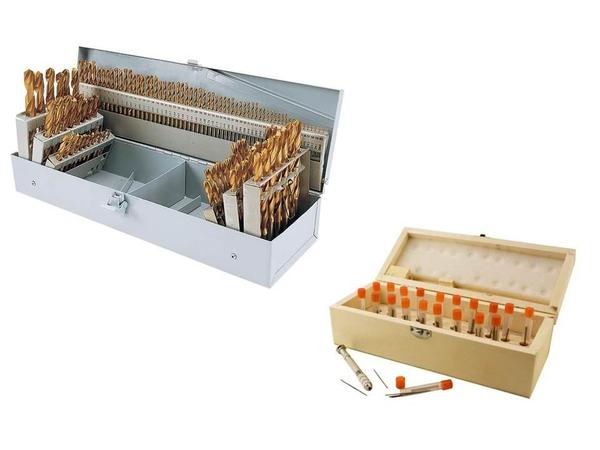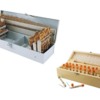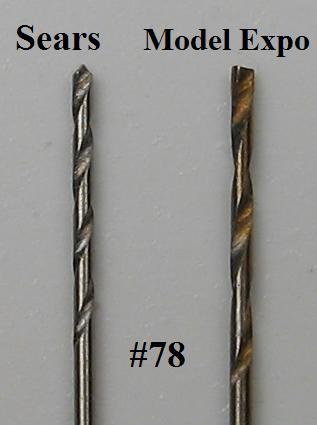Not sure if this is right forum but here goes.
The wife is planning to get me new set of drill bits for christmas and so asked who, what, where . Researching on line seems to indicate drill bits coated with ceramic Titanium Nitride material, and that 135* split tip (prevents bit "walking") are best. They seem to be able to drill wood or hard metal without significant dulling.
That said, what has been the groups experience with these, and who has best ones (costs be d**n)? Boch seems to come up as a top runner. I want a set from 1/64 to 1/2 (reduced as needed for 3/8" chuck) by 64th increments. Others? Avoid?








